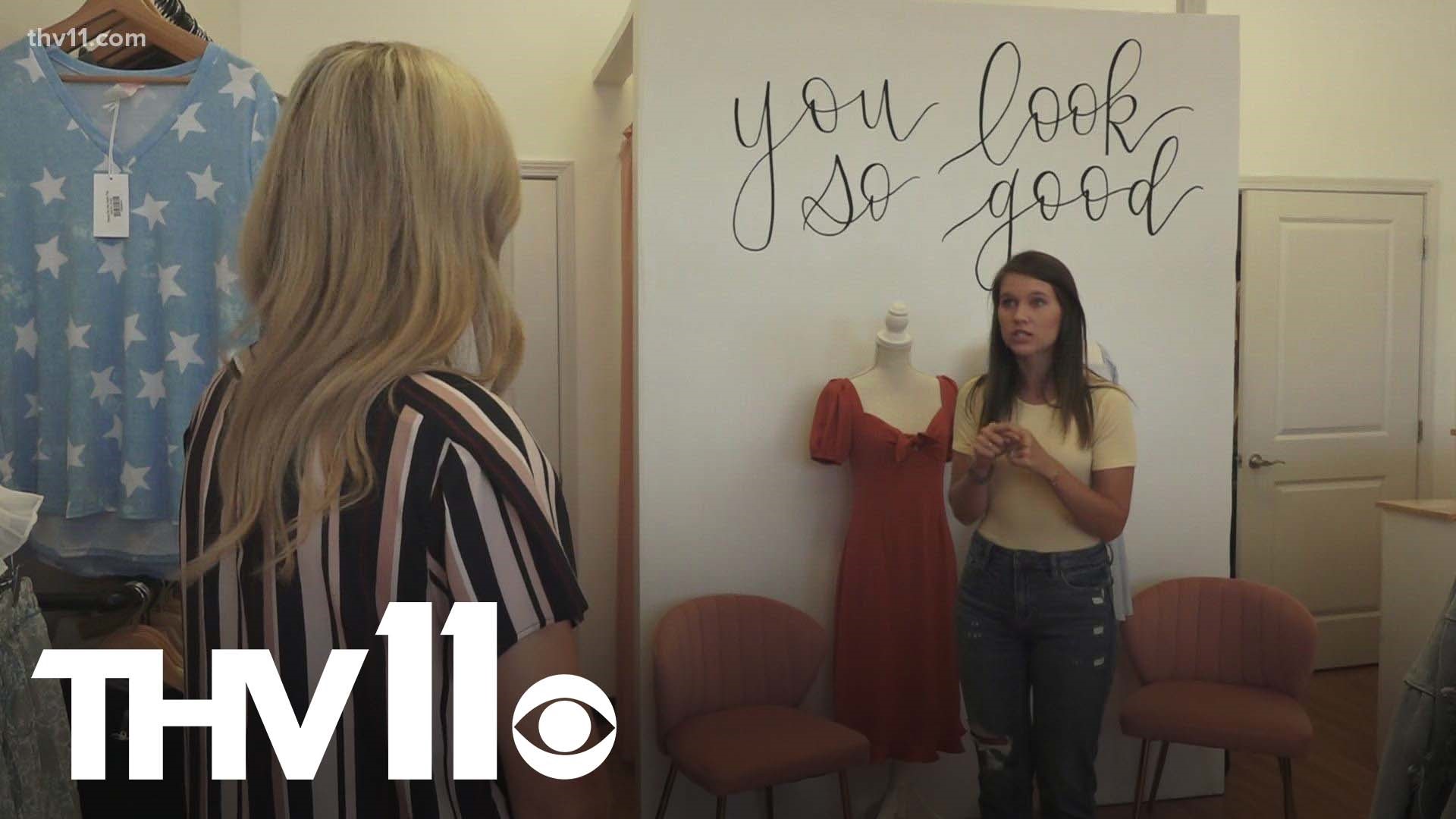CONWAY, Ark. — Social media can be great for connecting with friends and family, but having a profile on the internet comes with risks.
Tiffany Garretson, an owner of To a T Boutique in Conway, said that hackers gained access to her private information through phishing emails.
Every time she tried to log into her Facebook account, a message that said "Your account has been disabled," appears.
Garretson added that ever since she clicked on a link in an email 5 weeks ago, things haven't been the same.
"It gave the hackers access into my personal Facebook account, and they proceeded to post a video that violated community standards. From here that got my personal account disabled within three minutes. And because I had my business accounts linked to my personal account, my business accounts were also disabled," she explained.
Garretson said that social media is her number one tool to promote her business, but she still doesn't have access to Instagram and Facebook.
"Since then, our sales have definitely decreased significantly. And we're now afraid If this goes on for six months that could really, really hurt us going into the holiday season," she said.
In the last five weeks, sales decreased about 50% at her business.
Garretson has continued trying to get in touch with Facebook support to retrieve her accounts.
"It's just a big waiting game," she said.
Cara Carlin with the Better Business Bureau said there are a few things you can do to prevent hackers from getting your account information.
"Never provide your personal information unless you can 100% verify the source [...] Use different passwords and secure passwords for each of your accounts," Carlin advised.
The single most important piece of advice Carlin had to offer was to enable multi-factor authentication, which only grants users access to a website or application after they verify their identity.
"Just save your staff, save your videos, save your pictures, print them, put them on a Google Drive, or just somewhere that's not Facebook, because at the end of the day, you don't own your identity online," Garretson said.
If you ever receive an email that looks suspicious, reach out to the Better Business Bureau before clicking on anything.

